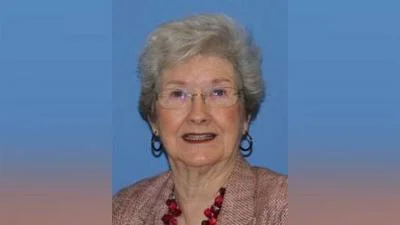State Representative Dan Ugaste (IL) | Representative Dan Ugaste (R) 65th District
State Representative Dan Ugaste (IL) | Representative Dan Ugaste (R) 65th District
Halloween is a highly anticipated night for children, filled with costumes, candy, and excitement. However, for children on the autism spectrum or with disabilities, Halloween can present unique challenges. Sensory overload from scary sounds and decorations, uncomfortable costumes, and venturing out at night can be overwhelming for these children. In order to ensure that Halloween is an enjoyable experience for everyone, there are several strategies and resources available.
Autism Speaks provides a valuable tool called "All About Halloween," a personalized teaching story that helps children with autism learn what to expect during this festive holiday. This resource allows parents to customize the story with their own pictures and text, making it more relatable for their child. Additionally, the story includes a badge that autistic children can wear to inform candy-givers that they may communicate differently than other trick-or-treaters.
Creating an autism-friendly environment is also crucial. Autism Speaks suggests hanging signs on your door or window to notify visitors that your home is autism-friendly. This small gesture can make a significant difference in supporting children with autism during Halloween festivities. Furthermore, templates provided by Autism Speaks can be used to carve and decorate pumpkins, involving the whole family in the Halloween spirit.
Easter Seals offers practical advice for making Halloween inclusive for children with disabilities. One suggestion is to let your child's interests shine through their costume choice. By selecting a costume that reflects their interests, children can feel more connected to their character and enjoy the festivities even more. For children using wheelchairs, there are numerous creative ideas that incorporate the wheelchair into their costume, allowing them to fully participate and have fun.
Doing a trial run with the costume prior to the big day is highly recommended. This ensures that the costume is comfortable and easy to move in, avoiding any last-minute discomfort or difficulties. Taking a long walk around the house or block while wearing the costume can provide valuable feedback and make adjustments if necessary.
Preparing children for what they might encounter during Halloween is essential. Discussing potential frights such as haunted houses, scary costumes, or noises can help alleviate anxiety. Teaching self-calming techniques can also empower children to manage any fear or discomfort they may experience while trick-or-treating.
For children with food allergies or sensitivities, it is crucial to research the types of treats they can safely consume. Many children with disabilities have dietary restrictions, and being aware of this can prevent any adverse reactions or disappointment on Halloween night.
Halloween can also be an opportunity for non-verbal children to work on initiating communication. Programming a communication device to say "Trick or treat" or creating a picture symbol that can be used while going door to door encourages interaction and participation.
By implementing these strategies and utilizing the resources provided by Autism Speaks and Easter Seals, Halloween can become an inclusive and enjoyable experience for children with disabilities. Ensuring a comfortable and supportive environment allows these children to fully engage in the festivities, creating lasting memories.
To learn more, click on this link: https://repugaste.com/2023/10/30/making-halloween-inclusive-for-kids-with-disabilities/






 Alerts Sign-up
Alerts Sign-up